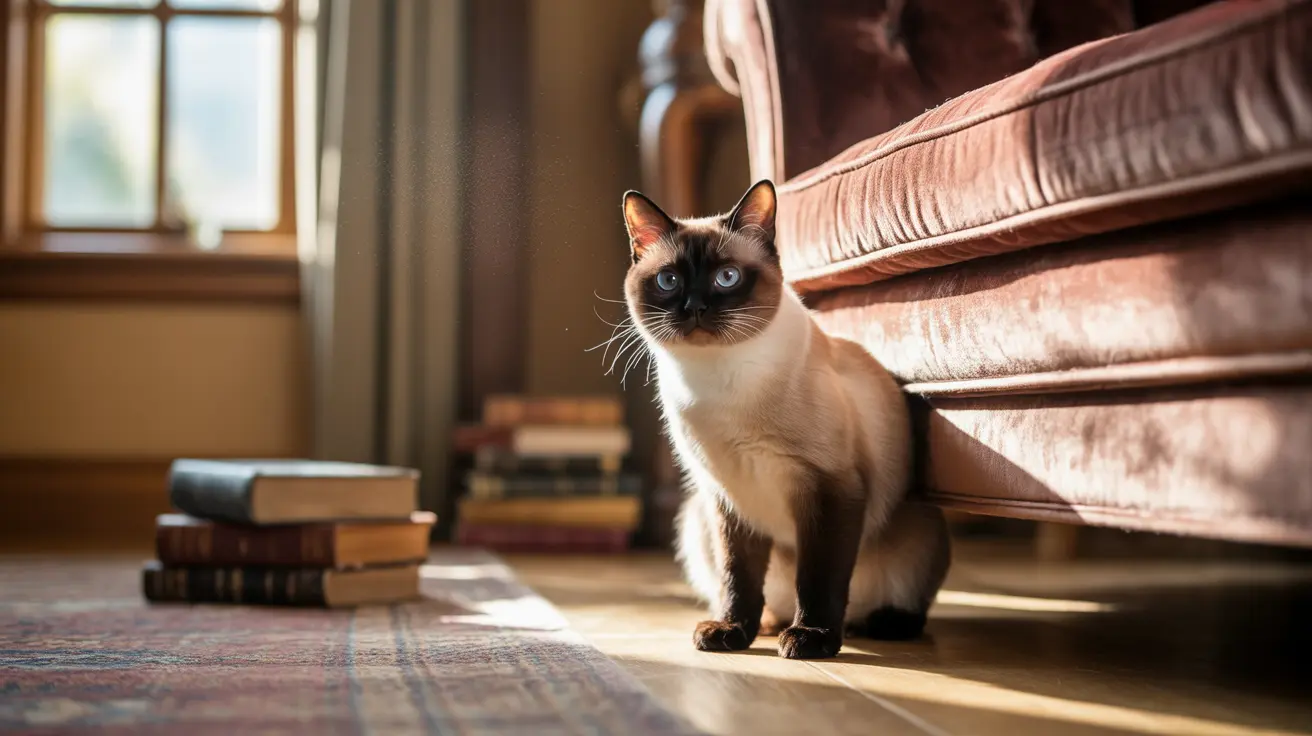As a devoted cat owner, understanding your feline friend's health signals can mean the difference between early intervention and a potentially serious medical crisis. Cats are masters of hiding illness, making it crucial to recognize subtle changes that could indicate they're silently suffering and need professional veterinary care.
This comprehensive guide will walk you through the most critical warning signs that suggest your cat urgently needs medical attention, helping you become a proactive and informed pet parent.
Recognizing Behavioral Changes: When Something Feels Off
Cats communicate their distress through behavioral shifts that can be easily overlooked. Sudden lethargy, withdrawal, or unexpected aggression are red flags that shouldn't be ignored. If your typically social cat starts hiding more frequently or seems unusually quiet, it could signal an underlying health issue.
Key Behavioral Warning Signs to Watch
- Dramatic changes in temperament
- Excessive vocalization or unusual crying
- Sudden decrease in activity levels
- Reluctance to interact with family members
- Unexplained aggression or irritability
Physical Symptoms: Visible Indicators of Potential Health Problems
Physical symptoms often provide the most direct evidence that your cat needs veterinary attention. Dramatic weight changes, poor grooming habits, or difficulty moving can indicate serious health concerns that require immediate professional evaluation.
Critical Physical Warning Signs
- Significant weight loss or gain
- Unkempt or matted fur
- Limping or difficulty walking
- Loss of balance or disorientation
- Visible skin irritations or unusual lumps
Eating and Drinking: Crucial Health Indicators
A cat's appetite and hydration are fundamental indicators of their overall health. Sudden changes in eating or drinking patterns can signal various medical conditions, from minor issues to potentially life-threatening diseases.
Alarming Eating and Drinking Patterns
- Complete food or water refusal
- Excessive thirst
- Difficulty chewing or swallowing
- Sudden changes in appetite
- Choking or gagging during meals
Respiratory and Breathing Concerns: Immediate Red Flags
Breathing difficulties represent some of the most urgent warning signs that require immediate veterinary intervention. Any persistent respiratory issues could indicate serious conditions ranging from infections to heart problems.
Serious Respiratory Warning Signs
- Open-mouth breathing
- Persistent coughing or wheezing
- Gasping for air
- Rapid or labored breathing
- Discharge from eyes or nose
Urinary and Digestive Warnings: Potential Emergency Situations
Changes in urination or bowel movements can indicate critical health issues, including potential blockages or infections that might become life-threatening if left untreated.
Urgent Urinary and Digestive Symptoms
- Straining to urinate with little output
- Blood in urine or stool
- Persistent diarrhea or vomiting
- Inappropriate litter box behavior
- Signs of significant discomfort during elimination
When to Seek Immediate Veterinary Care
Some symptoms demand immediate professional attention. If you observe any of the following, contact your veterinarian immediately or seek emergency care:
- Difficulty breathing
- Sudden collapse
- Persistent vomiting or diarrhea
- Complete urinary blockage
- Signs of extreme pain or distress
Frequently Asked Questions
What are the most common warning signs that my cat is sick and needs immediate veterinary care?
The most critical warning signs include sudden behavioral changes, significant appetite shifts, difficulty breathing, unexplained weight loss, persistent vomiting or diarrhea, and any signs of extreme pain or discomfort.
Why do cats hide their illness, and how can I detect early signs of sickness?
Cats instinctively hide weakness to protect themselves. Regular observation, understanding their normal behavior, and being attentive to subtle changes can help you detect early signs of illness.
How can I recognize if my cat is in pain, and what are the typical behavioral changes to look for?
Pain signs include decreased activity, hiding, changes in vocalization, reluctance to be touched, altered grooming habits, and noticeable changes in movement or posture.
What should I do if my cat refuses to eat or drink for more than 24 hours?
Immediate veterinary consultation is recommended. Prolonged refusal to eat or drink can quickly lead to serious health complications.
How often should I take my cat to the vet for check-ups to prevent undetected health issues?
Annual comprehensive check-ups are recommended for adult cats, with more frequent visits for kittens, seniors, or cats with pre-existing health conditions.
Remember, your cat depends on you to interpret their silent signals. By staying observant and proactive, you can ensure they receive timely medical care and maintain optimal health.






